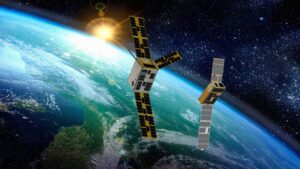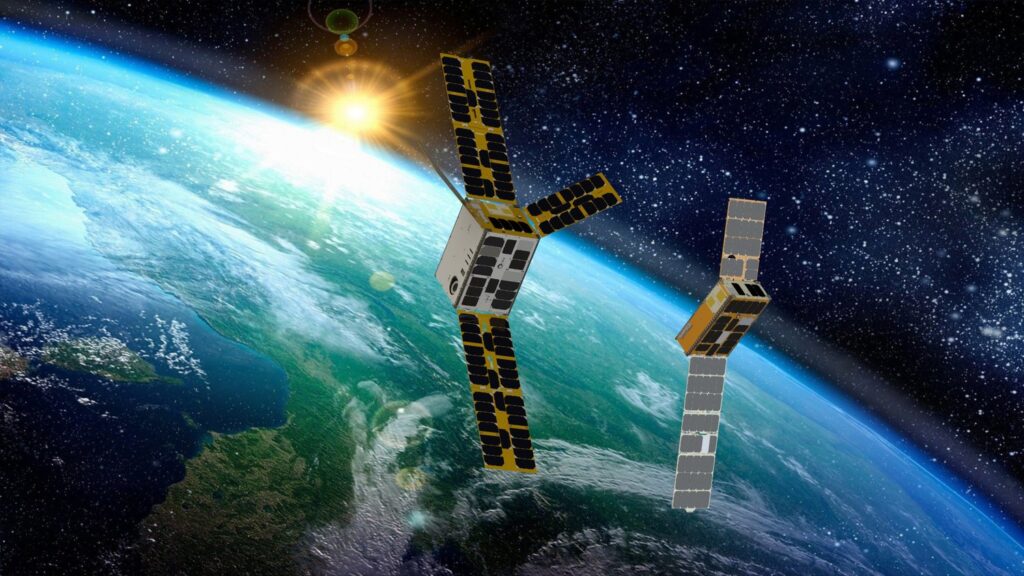Here's How Sept. 24 Asteroid Sample Delivery Will Work
Monday, 11 September 2023 10:50 Early morning on Sunday, Sept. 24, the OSIRIS-REx spacecraft's sample capsule will come face-to-face with Earth's atmosphere for the first time since the mission's 2016 launch. On board are an estimated 8.8 ounces, or 250 grams, of rocky material collected from the surface of Bennu in 2020 - NASA's first asteroid sample and the largest ever collected in space.
When it approaches Earth, the
Early morning on Sunday, Sept. 24, the OSIRIS-REx spacecraft's sample capsule will come face-to-face with Earth's atmosphere for the first time since the mission's 2016 launch. On board are an estimated 8.8 ounces, or 250 grams, of rocky material collected from the surface of Bennu in 2020 - NASA's first asteroid sample and the largest ever collected in space.
When it approaches Earth, the A new study characterizes regular Moonquakes
Monday, 11 September 2023 10:50 Every morning and afternoon, like clockwork, the surface of the Moon trembles with tiny "moonquakes." Now, new analysis of seismic activity on the Moon has characterized these events and discovered that some of them are not what they seem.
The new research is described in a study appearing in the Journal of Geophysical Research - Planets on September 5.
Without an atmosphere to insul
Every morning and afternoon, like clockwork, the surface of the Moon trembles with tiny "moonquakes." Now, new analysis of seismic activity on the Moon has characterized these events and discovered that some of them are not what they seem.
The new research is described in a study appearing in the Journal of Geophysical Research - Planets on September 5.
Without an atmosphere to insul Sols 3936-3939: Double the Fun
Monday, 11 September 2023 10:50 Earth planning date: Friday, September 1, 2023: Most long weekend plans are packed with lots of fun science, and this weekend's plan - to get us through the US Labor Day holiday - was no exception. But the way this one was packed had an unusual pattern to it - many of our activities came in pairs! The rarest pair was two separate uses of the DRT - it has been more than 200 sols since we last had
Earth planning date: Friday, September 1, 2023: Most long weekend plans are packed with lots of fun science, and this weekend's plan - to get us through the US Labor Day holiday - was no exception. But the way this one was packed had an unusual pattern to it - many of our activities came in pairs! The rarest pair was two separate uses of the DRT - it has been more than 200 sols since we last had NASA's LRO Observes Chandrayaan-3 Landing Site
Monday, 11 September 2023 10:50 NASA's LRO - the Lunar Reconnaissance Orbiter - spacecraft imaged the Chandrayaan-3 landing site on the Moon's surface.
The Indian Space Research Organization's (ISRO) Chandrayaan-3 touched down on the Moon on Aug. 23, 2023. The Chandrayaan-3 landing site is located about 600 kilometers from the Moon's South Pole. The circumference of the Moon is approximately 10,917 kilometers (6,783 mile
NASA's LRO - the Lunar Reconnaissance Orbiter - spacecraft imaged the Chandrayaan-3 landing site on the Moon's surface.
The Indian Space Research Organization's (ISRO) Chandrayaan-3 touched down on the Moon on Aug. 23, 2023. The Chandrayaan-3 landing site is located about 600 kilometers from the Moon's South Pole. The circumference of the Moon is approximately 10,917 kilometers (6,783 mile Sols 3941-3942: Follow the Red Bumpy Road
Monday, 11 September 2023 10:50 Earth planning date: Wednesday, September 6, 2023: Today I served on the rover science operations team as the Geology theme group Keeper of the Plan, otherwise known as the "GKOP." The GKOP operates the software that is specifically designed to help the science team build a plan of geology-focused observations that fit within the pre-determined duration of the science blocks on each sol.
T
Earth planning date: Wednesday, September 6, 2023: Today I served on the rover science operations team as the Geology theme group Keeper of the Plan, otherwise known as the "GKOP." The GKOP operates the software that is specifically designed to help the science team build a plan of geology-focused observations that fit within the pre-determined duration of the science blocks on each sol.
T Possible existence of Earth-like planet predicted in Outskirts of Solar System
Monday, 11 September 2023 10:50 There are many unexplained anomalies in the orbits and distribution of trans-Neptunian objects, small celestial bodies located at the outer reaches of the solar system. Now, based on detailed computer simulations of the early outer solar system, researchers from Japan predict the possibility of an undiscovered Earth-like planet beyond Neptune orbiting the Sun. Should this prediction come true, i
There are many unexplained anomalies in the orbits and distribution of trans-Neptunian objects, small celestial bodies located at the outer reaches of the solar system. Now, based on detailed computer simulations of the early outer solar system, researchers from Japan predict the possibility of an undiscovered Earth-like planet beyond Neptune orbiting the Sun. Should this prediction come true, i Ravenous black hole consumes star every time it passes by
Monday, 11 September 2023 10:50 A star like our own Sun in a nearby galaxy is gradually being eaten away by a small but ravenous black hole, losing the equivalent mass of three Earths every time it passes close. The discovery by University of Leicester astronomers is reported today (7 September) in Nature Astronomy and provides a 'missing link' in our knowledge of black holes disrupting orbiting stars. It suggests a whole mena
A star like our own Sun in a nearby galaxy is gradually being eaten away by a small but ravenous black hole, losing the equivalent mass of three Earths every time it passes close. The discovery by University of Leicester astronomers is reported today (7 September) in Nature Astronomy and provides a 'missing link' in our knowledge of black holes disrupting orbiting stars. It suggests a whole mena New cosmological constraints on the nature of dark matter
Monday, 11 September 2023 10:50 New research has revealed the distribution of dark matter in never before seen detail, down to a scale of 30,000 light-years. The observed distribution fluctuations provide better constraints on the nature of dark matter.
Mysterious dark matter accounts for most of the matter in the Universe. Dark matter is invisible and makes itself know only through its gravitational effects. Dark matter
New research has revealed the distribution of dark matter in never before seen detail, down to a scale of 30,000 light-years. The observed distribution fluctuations provide better constraints on the nature of dark matter.
Mysterious dark matter accounts for most of the matter in the Universe. Dark matter is invisible and makes itself know only through its gravitational effects. Dark matter Former White House space policy official Audrey Schaffer joins Slingshot Aerospace
Monday, 11 September 2023 10:50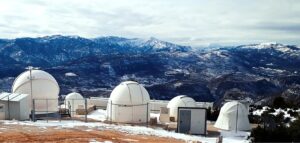
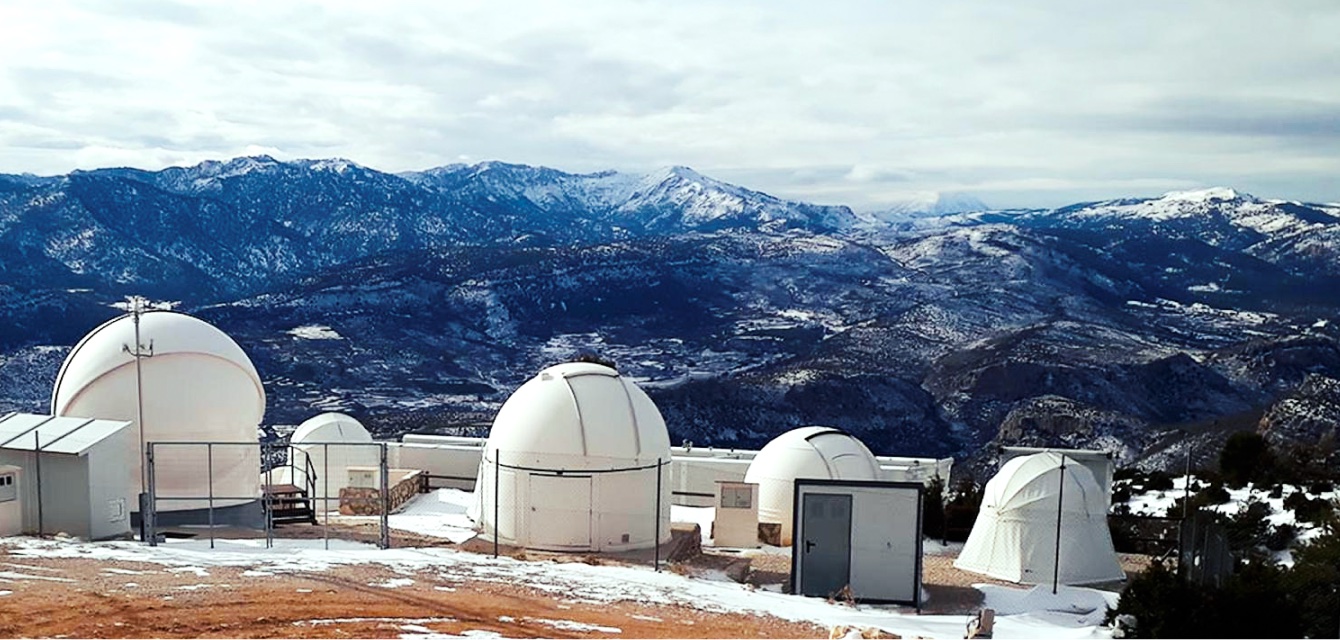
Meteosat Third Generation: painting the full picture
Monday, 11 September 2023 10:00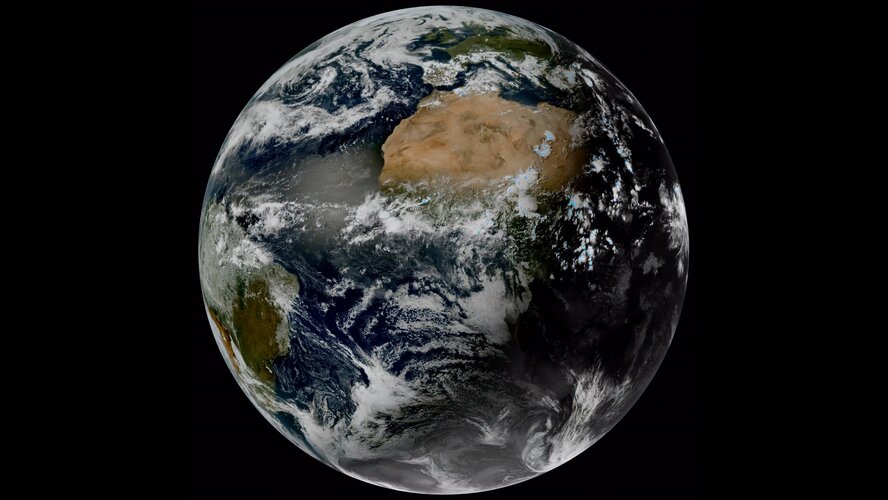 Video:
00:00:14
Video:
00:00:14
In a significant leap forward for meteorology, the preliminary data obtained by Meteosat Third Generation’s two instruments, the Flexible Combined Imager (FCI) and the Lightning Imager (LI), were successfully combined today for the first time – highlighting their complementary capabilities. This first set of animations gives us a preview of the system’s future impact.
This animation shows the combined observations from the Meteosat Third Generation’s instruments starting at 12:00 UTC on 03 June 2023 and ending at 12:00 UTC of 04 June 2023. Lightning activity is more intense over central Africa, the northern part of South America, Europe
Former Airbus executive Chris Emerson named chairman of All.Space
Monday, 11 September 2023 09:00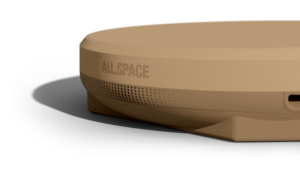
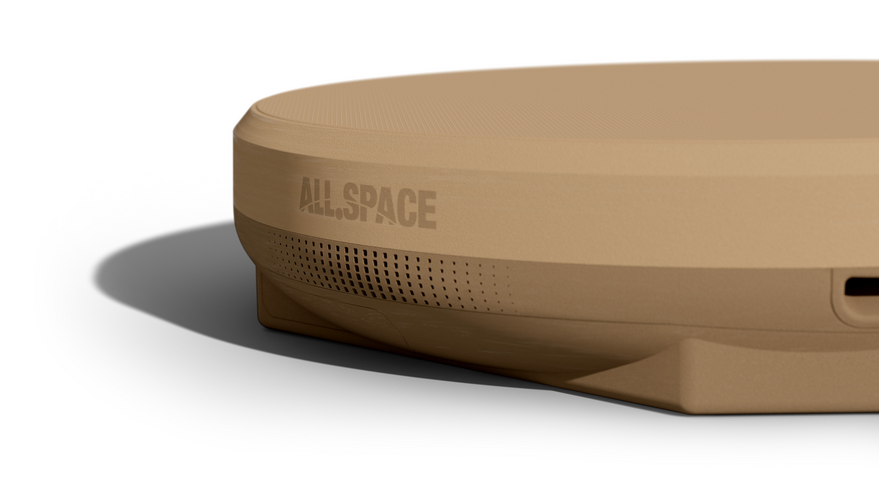
Galileo becomes faster for every user
Monday, 11 September 2023 07:22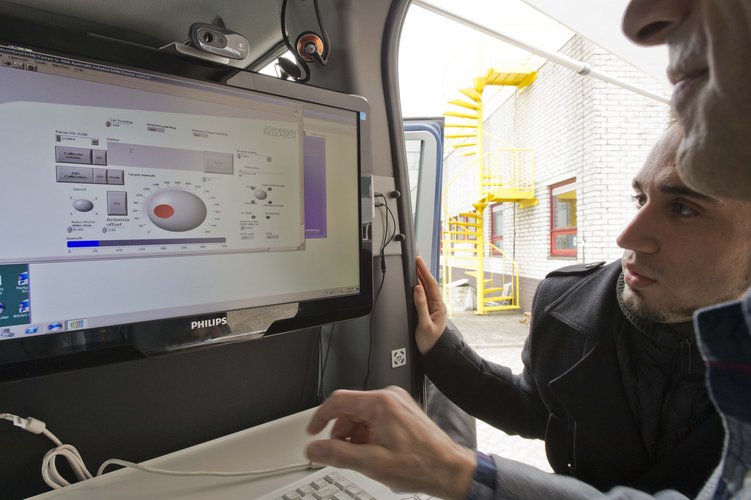
ESA satnav receiver vans – driving between the busy heart of Rotterdam, quiet countryside, and the Agency’s ESTEC technical centre – have confirmed that Galileo signals now provide a first position fix more rapidly, while also offering improved robustness in challenging environments and streamlined access to time information.
Kombucha: Ally for Moon and Mars
Monday, 11 September 2023 07:06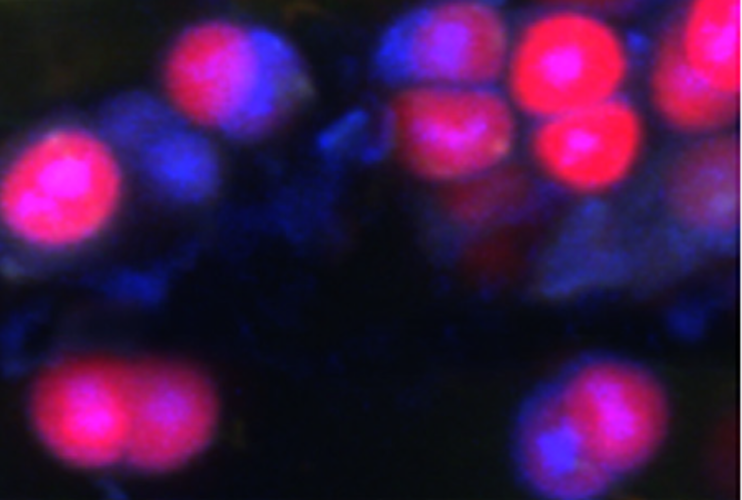
ESA is testing kombucha cultures, famous for their fermentative properties and potential health benefits, to assess their resilience in space. These cultures hold great promise for supporting humans on the Moon and Mars.
Paige McCullough Promoted to Vice President of Business Development at SpaceNews
Monday, 11 September 2023 04:00

Open Cosmos raises $50 million to expand Earth observation satellite business
Sunday, 10 September 2023 22:05